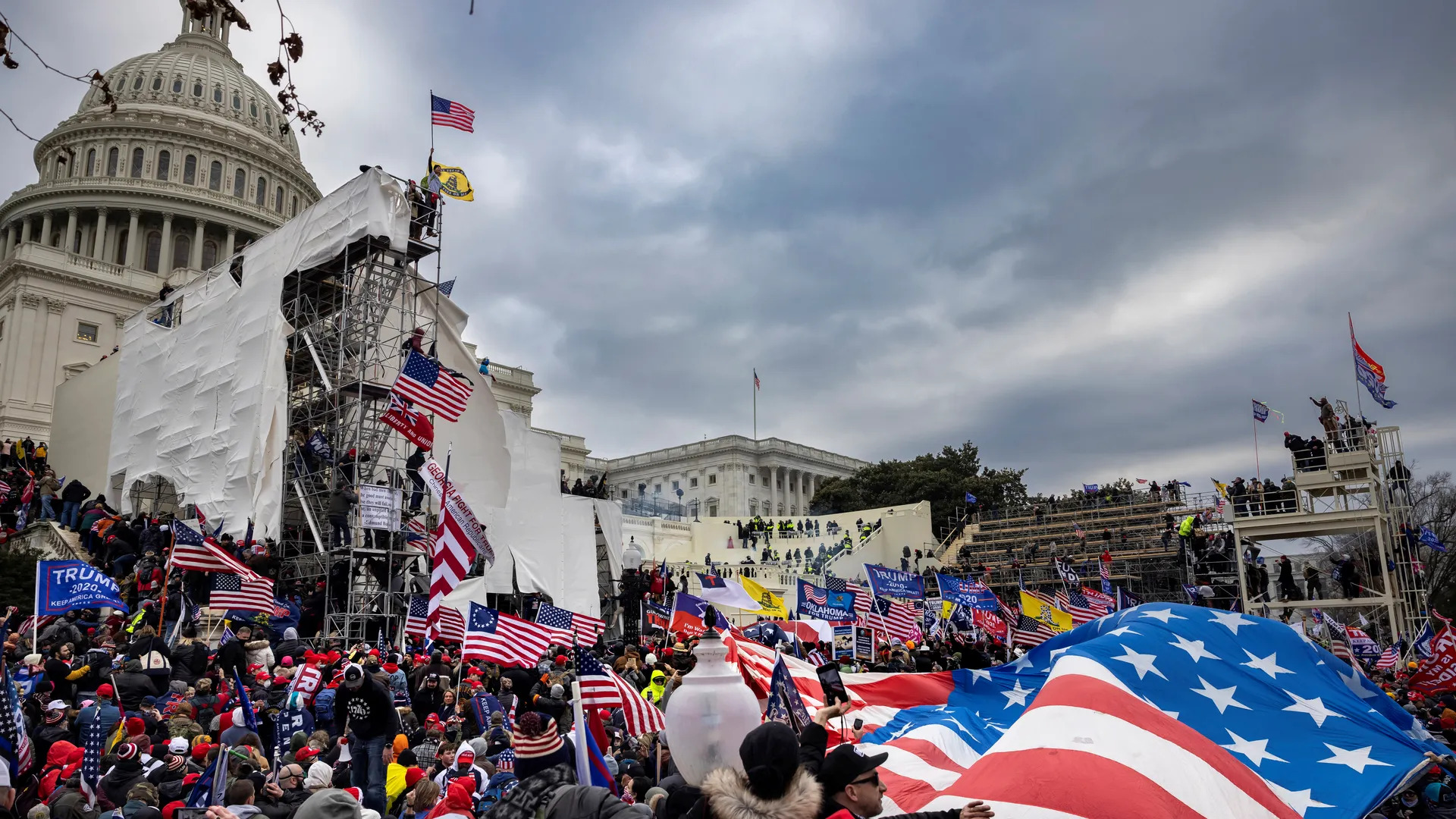Supreme Court Ruling Alters January 6 Charges: Fro
Post# of 52161

Quote:
The Supreme Court’s decision in Fischer v. U.S. has struck down one of the most common charges against January 6 defendants: “obstruction of an official proceeding.” This ruling has profound implications for the numerous cases that relied on this charge, rendering many of these convictions invalid.
For years, the narrative around January 6 has centered on the idea of an “insurrection.” Politicians and pundits alike have used this term to describe the events of that day, often framing it as an organized attempt to overthrow the government. However, the Supreme Court’s ruling signals a significant shift in how these actions are legally interpreted. The events of January 6 are now increasingly seen as a case of mass trespass and unlawful entry rather than an insurrection.
The Justice Department’s decision to use the obstruction charge, which stems from a law enacted post-Enron to criminalize the destruction of evidence, has now been called into question. The broad interpretation of this law allowed it to be applied to hundreds of January 6 cases. At least a quarter of the prosecutions included this charge. The ruling will result in resentencing for many, and pending cases will proceed without the obstruction claim.
Former President Donald Trump is also affected by this decision. Special Counsel Jack Smith’s indictment against Trump in Washington, D.C., includes obstruction charges. With the Supreme Court’s ruling, half of this indictment could be dropped, necessitating a potential superseding indictment. This development could derail Smith’s efforts to bring Trump to trial before the election, a goal that has been prioritized by both Smith and Judge Tanya Chutkan.
The ruling challenges the long-held belief that January 6 was an insurrection. Polls show that a majority of citizens view the events as a protest that escalated into a riot, not an attempt to overthrow the government. This perspective is reinforced by the Supreme Court’s decision, which suggests that the legal framework used to prosecute many of the January 6 defendants was flawed.
The narrative of January 6 as an insurrection has been a critical point for many in the media and politics. However, this ruling undermines that claim, shifting the focus to charges of trespass and unlawful entry. President Biden’s statements about democracy being on the ballot and the hyperbolic claims surrounding Trump’s potential re-election are increasingly being questioned. Recent polls indicate that a significant portion of the public views Biden, not Trump, as a greater threat to democracy.
The Supreme Court’s decision in Fischer v. U.S. marks a turning point in the legal and political discourse surrounding January 6. As the obstruction charges are invalidated, the narrative shifts from insurrection to trespassing, challenging the Justice Department’s prosecution strategy and altering the public’s perception of the events. This ruling underscores the need for accurate legal interpretations and highlights the potential misuse of broad legal provisions in politically charged cases.
https://theleadingreport.com/supreme-court-ov...nvictions/
 (1)
(1) (0)
(0)